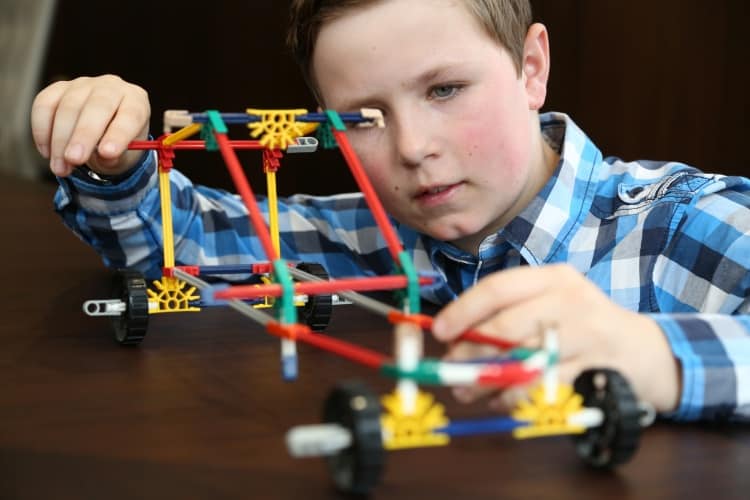 Julie Feest, CEO of business/education linking charity EDT, surveys the current thinking on future skills and why the arts are increasingly seen as important subjects of study for engineers
Julie Feest, CEO of business/education linking charity EDT, surveys the current thinking on future skills and why the arts are increasingly seen as important subjects of study for engineers
Last year Mark Cuban, the US billionaire tech investor, predicted that liberal arts graduates in subjects like English, philosophy, or languages would soon be in greater demand than programming or engineering graduates. Earlier this year at a science, technology, engineering and maths (STEM) education event, HRH The Prince of Wales made the case for the return of creative arts to the school curriculum. Now, the latest McKinsey analysis of future skills demand in the US and Western Europe has predicted that demand for arts-associated skills such as creativity, empathy, adaptability and entrepreneurship will grow at a faster rate to 2030 than demand for skills like technology design, engineering and maintenance, advanced data analysis, and scientific research and development. What’s going on? Why are people suddenly talking about STE(A)M skills, not STEM, where the A stands for Arts?
Our role at the charity EDT is to put business and education together to inspire young people into STEM industry careers through experiences of industry and, through projects and placements, to help them develop the future skills that will be needed by industry. We therefore watch skills trends very carefully and discuss with industry the way they can work with education to get the skills that they need in future recruits.

A recent development demonstrates the sort of issues we need to take on board. IBM’s most recent AI project called IBM Project Debating is designed to explore using AI for formulating arguments on subjects, and then listening to and then responding to counter arguments. A human audience in a trial concluded that the AI’s arguments had better substance than its human protagonists, but it failed to communicate them as effectively.
This sort of experiment gives glimpses into a future where AI is able to draw on a much wider range of information than could be processed by a human, can develop conclusions and lines of argument from this material and can respond logically to alternative ideas and suggestions. Add to this AI’s ability to handle complexity and undertake repetitive tasks and calculations efficiently then you can see how AI could replace human experts in many fields of activity, including branches of engineering.
So, what possible roles might human engineering professionals have in future industry? We need to identify those areas in which humans will have an advantage over automatons in the foreseeable future and build these skills in the workforce and future recruits, to be used in combination with their engineering expertise.
Skills in which humans have advantage are thought to include creativity and ingenuity - the leaps of conception and understanding which take projects into entirely new areas. Related to this is entrepreneurialism, which can involve creative and intuitive risk taking, and adaptability, seeing issues from range of different angles and taking novel approaches.
Communication and social intelligence is another key area, it is interesting that the IBM Project Debating AI struggled to communicate its superior knowledge and arguments and, while these aspects of AI will doubtless improve, it is reasonable to think that humans will continue to be superior in relationship and communication, particularly where that communication involves other humans.
Ethics and philosophy were particularly mentioned by Mark Cuban; the use of AI may well throw up considerable ethical and philosophical issues. The most obvious is the self-driving car problem – in an accident situation does the car’s AI protect the occupants who have paid for the AI, or does it protect innocent bystanders at the expense of those occupants. How will the values of AI be established and controlled?
These elements of human advantage, creativity, empathy and ethics are all developed and nurtured through arts disciplines, which is why arts is now seen as a crucial element of the armoury of skills needed by workers in STEM industry.
So, engineering and technology expertise will continue to be needed, but to be in real demand engineers will need the other future skills I have briefly explored here. Students and early career engineers would do well to train themselves in these areas - perhaps by becoming STEM ambassadors, inspiring young people into STEM careers. There is little more effective in developing creativity and people skills than standing in front of a group of young people and seeking to inspire them into a future engineering career.
For teachers and employers, we need to keep an open dialogue about the needs of future industry; how we enable our young people still at school to see the career opportunities and how we give them the blended STEAM skills that they will need.




Swiss geoengineering start-up targets methane removal
No mention whatsoever about the effect of increased methane levels/iron chloride in the ocean on the pH and chemical properties of the ocean - are we...